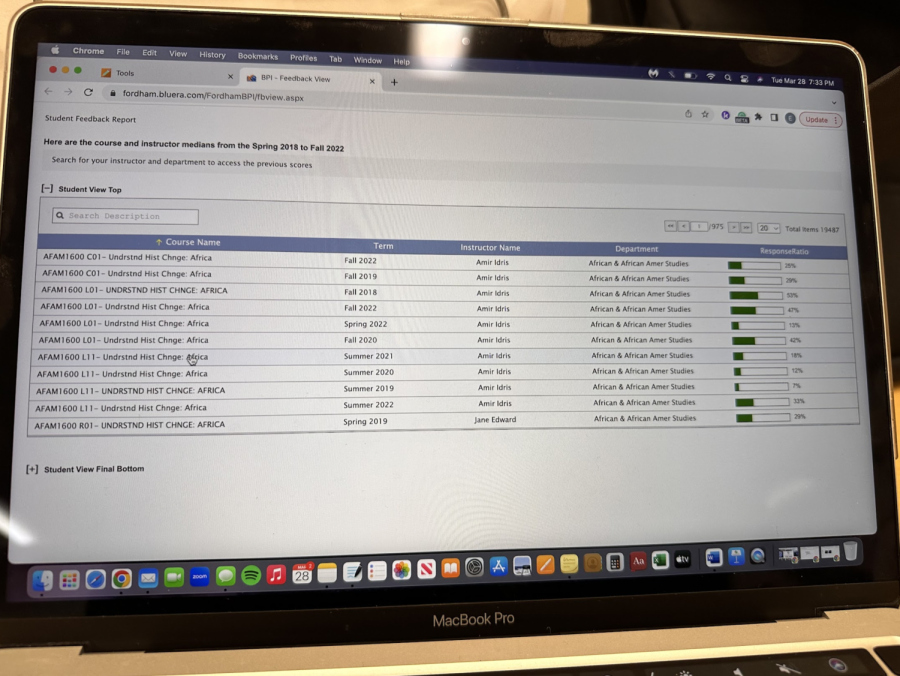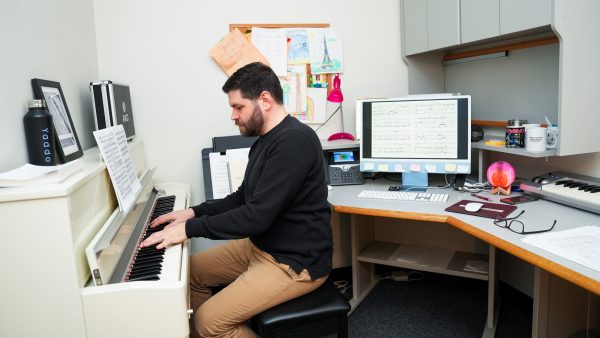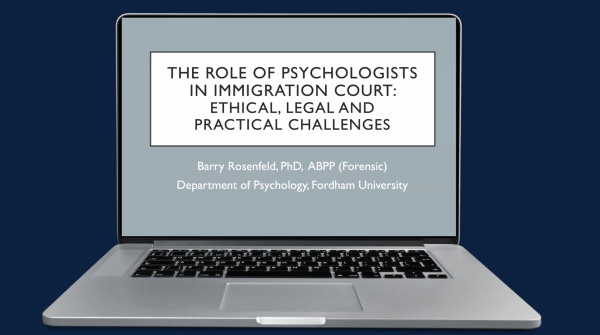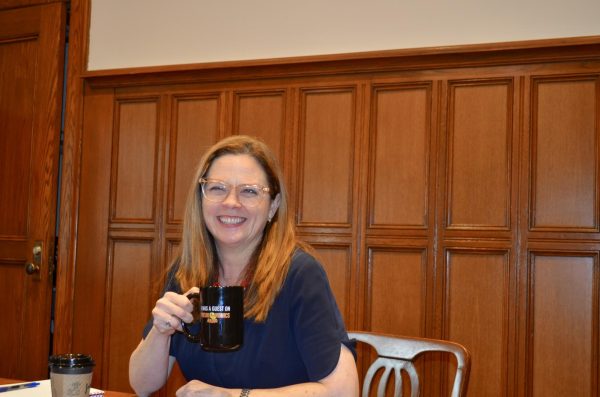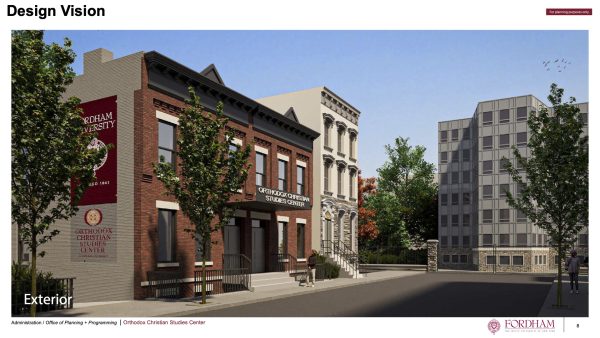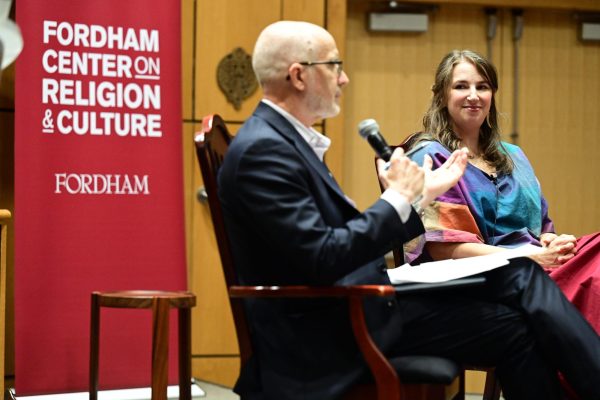Fordham Releases Course Evaluations
This March, Fordham College at Rose Hill and Fordham College at Lincoln Center students were given access to course evaluations. The course evaluations, which are known as Fordham’s Student Evaluation of Educational Quality (SEEQ), were originally filled in person. They were moved to an online system in 2013, which Fordham still utilizes.
The course evaluations are now available to students under Blackboard, a course-management system. It is accessible under “Tools” and then “Student Feedback Report.” The database includes evaluations from 2018 to 2022. The course evaluations are meant to be a tool for students when selecting courses, and they also give professors constructive feedback on how to revise their course if needed.
Professor Sean Collins, chair of the faculty evaluation committee, explained how the system originally started.
“Years ago, the Arts & Sciences Council, which is a governance body within Arts & Sciences with student, faculty and administrative representatives, voted to make some content of course evaluations available to students, primarily for the purpose of course selection,” said Collins.
“There is, in fact, a history (which largely predates our current undergraduate student cohort) of course evaluations being shared with students,” said Collins.
“However, the old process by which evaluations were shared might be judged as ad hoc; students often overlooked the link buried in ‘form emails’ and evaluations were not easily accessible to or searchable by students.”
“This left many of us with sense that we were meeting neither our aspirations nor students’ expectations. For some time we delayed sharing evaluations as we explored alternatives that would enable us to accomplish our goals properly. Thanks to the coordination and hard work of staff and administrators within the deans’ offices, the database that students now have access to will finally bring expedient access to course evaluations,” said Collins.
Collins added that the only five years are accessible to students, so the database wouldn’t be difficult to navigate. “We felt five years represented a good balance between recency and browsability,” said Collins.
Rachel Annunziato, associate dean for strategic initiatives, said she believes that the course evaluations are important for students to have access to.
“I hope for our students to have as much information as possible when they choose their classes,” said Annunzaito. “When I was in college (so many years ago!), I worked on a publication called the ‘Course Critique’ that offered similar data and summaries. Having access to more representative peer feedback was so helpful!”
“I think too that by providing access to this data, it may provide more perspective on why they are administered. For me, I want so badly to make my classes better based on our students’ impressions and needs, and the SEEQs are the main source I have for this,” said Annunziato.
Nick McNulty, FCRH ’25, said he believes that the course evaluation information could be more comprehensive.
“It’s definitely a quick way to see how people feel about a certain course,” said McNulty. “However, we can’t see the more detailed responses that students gave for ways that the course could be improved, or the reasons people rated aspects of the course a certain way (like the subject pace).”
McNulty added: “Websites like RateMyProfessors may be more useful to see more helpful opinions about professors, but this tool could really help to just take a quick look at the difficulty of a course. I’ll probably use both this and RateMyProfessors when registering for classes.”
“I will definitely make sure to review all my potential classes to see if they seem like a good fit for me,” said Kathryn Labagh, FCRH ’25. “I think [the course evaluations] will help give a bigger picture of the class, especially from the students’ point of view.”
Overall, Collins said he hopes that the database will help students when selecting courses.
“We hope that the database will allow students to make more informed decisions when they select their courses. Students already have and will continue to have many options to learn about prospective courses, from word of mouth and social media to ratings-and-review-style websites,” said Collins. “One thing that sets the course evaluation database apart is that it offers the potential to give a more complete, well-rounded picture of other students’ experiences. But, to reach that potential, we need students’ help.”

Emma Kim is a junior from Pittsburgh. She is double majoring in economics and English. She started as a contributing writer for news in her freshman year...





































































































































































































